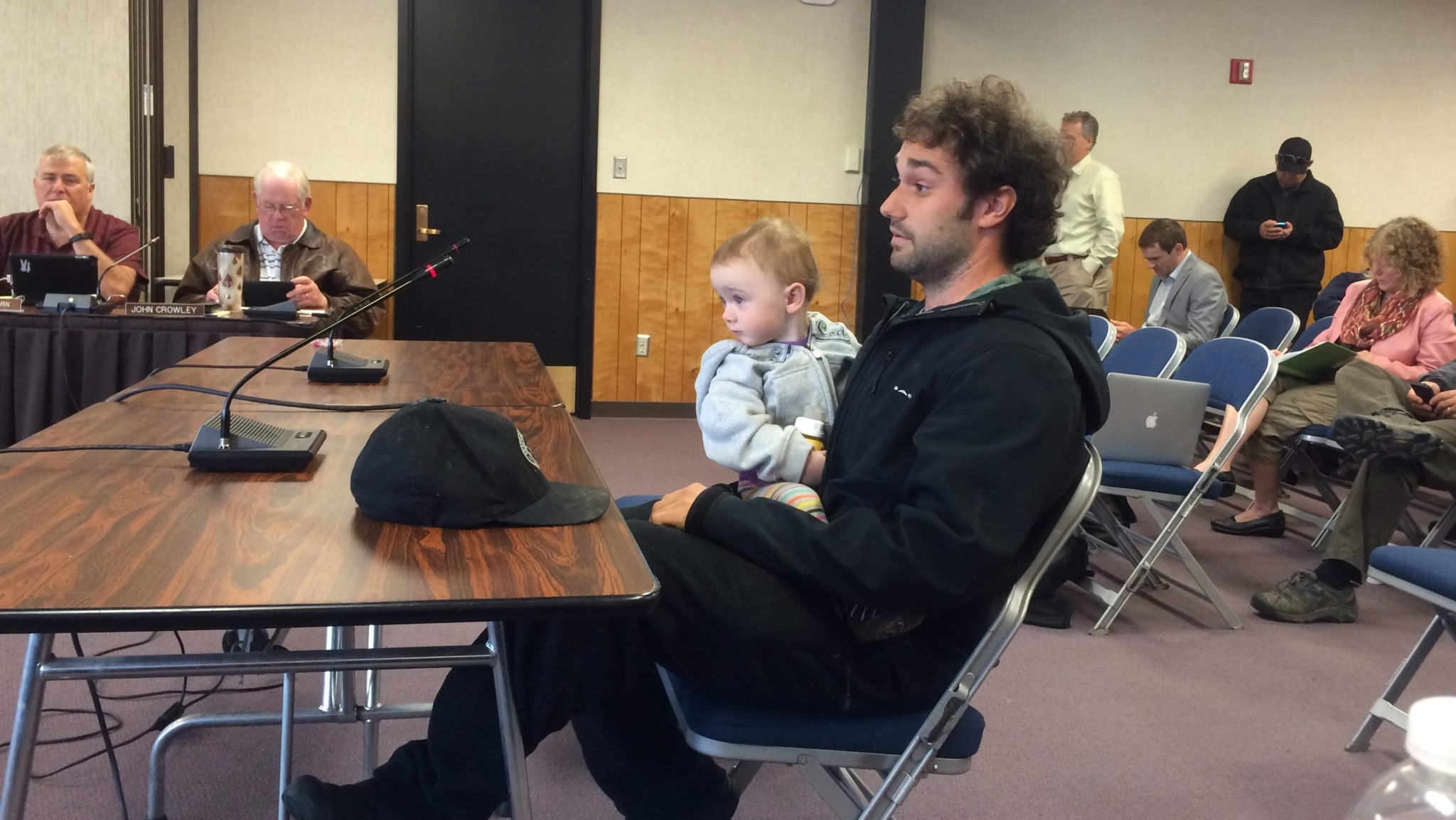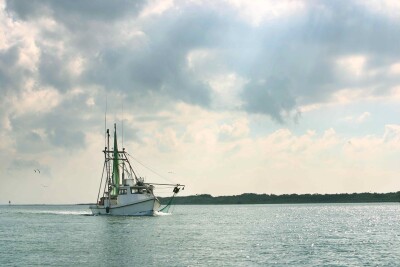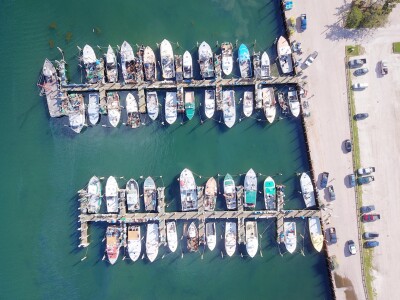It’s been more than 35 years since the North Pacific Fishery Management Council met in Homer, Alaska. In the interim, the council process and fishery management plans have evolved to accommodate the needs of the fishery, fishermen and coastal communities. Back in 1983, the council was busy managing the transition from foreign groundfish fisheries to joint-venture fisheries with U.S. catcher vessels and working to implement a moratorium on participation in the halibut fishery. So much has changed since that time!
One of these changes has been an increased emphasis on public engagement. Starting with the Homer meeting Sept. 30 through Oct. 9, 2019, the council will be taking steps to improve the visibility and engagement of the council with rural and Alaska Native communities. This initiative was spearheaded by the council Chairman Simon Kinneen and the Community Engagement Committee.
“We are excited to implement recommendations from our Community Engagement Committee and make it easier for all stakeholders, including those from rural and Alaska Native communities, to be more involved and engaged in our process,” said Kinneen.
As part of this initiative, the staff will be holding an evening workshop for people who are not regular attendees of North Pacific Fishery Management Council meetings. Our first Introduction to the Council Process will briefly describe the council’s purpose, how to get involved, an overview of the committee meetings that are occurring throughout the week, and a brief summary of the meeting agenda topics. We understand that the council process itself can seem daunting to newcomers, and we are trying to make it easier for people to know where, when and how to participate.
One of the reasons the council routinely holds meetings in fishing ports throughout Alaska is to get input from those who may not have the opportunity to travel to attend meetings in Anchorage. Because many fishermen and other stakeholders in the Homer area may not have participated in the council process, we are reaching out to provide information about the meeting and to encourage community members and stakeholders to attend the workshop and other meetings occurring throughout the week.
Public comment from local fishermen and other stakeholders is a critical part of the council system. As Buck Laukitis, a former council member from Homer, noted: “The core of the regional council system is to have fishery management decisions made in the places where fishermen and stakeholders who are on the water can have a voice in what is decided. For that reason, we encourage everyone to share their perspectives and ideas with the council.”
We have made it easier for the public to provide written comments on agenda items through our new electronic meeting platform: meetings.npfmc.org. Public comments for every meeting, including committee meetings, are submitted and shared on that site. In addition to written comments, there will be numerous opportunities to comment in person during the meeting.
For those who have not had the experience providing testimony to the council, we have prepared several helpful guides for how to provide useful public comment. These guides are available on our website www.npfmc.org, and paper copies will be available at the meeting. Additionally, all council meetings are live broadcast online so stakeholders can follow the discussion on any issue of interest, even if they are unable to attend in person.
We hope that our initiative to directly engage and involve more stakeholders will allow everyone who is interested to be informed and to effectively participate in the process. Your participation helps to ensure that the council gets input from affected rural and coastal communities and others directly invested and interested in our fisheries.
We look forward to hearing from you in Homer!







